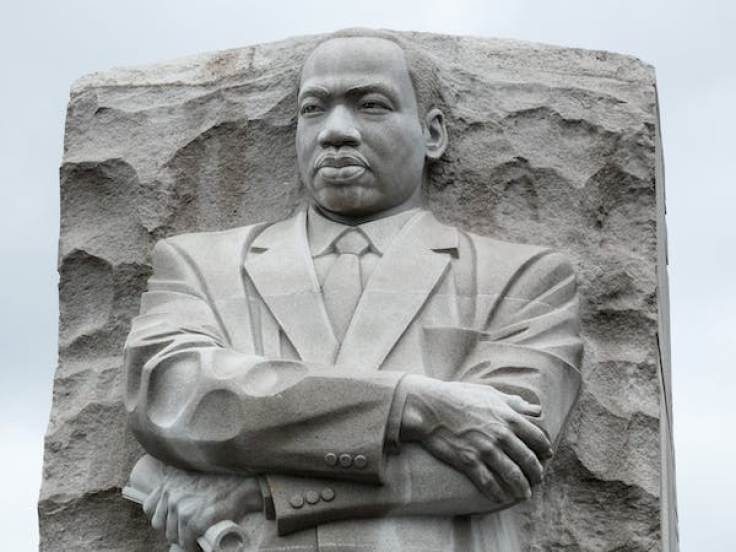In a paradoxical move, the Florida Department of Education paid tribute to civil rights icon Martin Luther King Jr. for his commitment to service and equality, only days before the State Board of Education voted to ban spending on diversity, equity, and inclusion (DEI) programs in 28 state colleges. This decision, which aligns with Governor Ron DeSantis's criticism of such initiatives as wasteful and "hostile to academic freedom," has raised concerns about the potential erosion of academic integrity and stifling of diverse perspectives in the state's higher education institutions.

A Dual Narrative Unfolds
The juxtaposition of honoring Martin Luther King Jr. while curtailing DEI initiatives paints a dual narrative in Florida's educational landscape. While the former symbolizes a commitment to equality, the latter underscores a contentious pushback against programs aimed at fostering diversity and inclusivity. The recent decision also saw the replacement of a Principles of Sociology course with an American History course, emphasizing a shift away from what the Department labels as "radical woke ideologies.
Governor DeSantis's Persistent Stand
Governor DeSantis, a prominent figure in the Republican party and a current GOP presidential candidate, has been a vocal critic of DEI programs. He perceives them as divisive and detrimental to academic freedom. This latest move follows a pattern set in November within the Florida State University System, where similar rules were enforced. DeSantis's overarching agenda involves defunding DEI initiatives in public postsecondary education, further solidifying his stance on the matter.
Defending the Decision
Florida's commissioner of education, Manny Diaz Jr., lauded the recent decision, asserting that higher education must return to its foundational principles of academic integrity and knowledge pursuit. He framed the move as a safeguard against what he termed "destructive ideologies," indicating a belief that DEI initiatives may contribute to societal division.
A Blow to Academic Freedom
Critics, however, view this as a significant blow to academic freedom. The rules imposed restrict institutions in the Florida College System from using state or federal funds for programs that categorize individuals based on race or sex for preferential treatment. Critics argue that this formalizes efforts to defund DEI and could limit speech and expression on campuses.
Concerns About Censorship
Jeremy Young, director of Freedom to Learn at the free speech advocacy group PEN America, expressed concerns about the potential suppression of speech. He argued that the regulations go beyond statutory limits and introduce categories of chilled expression, undermining intellectual freedom at Florida's universities.
Backlash and Accusations
Civil rights attorney Ben Crump and LGBTQ+ advocacy group Equality Florida have voiced strong opposition. Crump condemned the decision as a misguided path of censorship, while Equality Florida accused the board of rubber-stamping DeSantis's agenda, posing a threat to student and faculty recruitment.
Challenge to the Removal of Sociology Course
The American Sociological Association (ASA) raised concerns about removing the Principles of Sociology course. ASA disputed the characterization of sociology as a "radical" or "woke" ideology, emphasizing its role as the scientific study of social life and human behavior. The association called for a reversal of the decision, highlighting the importance of exposing students to a broad range of societal issues.
Florida's recent decisions reflect a complex interplay between honoring historical figures advocating for equality and the state's contemporary stance on DEI programs. As the educational landscape undergoes transformation, the balancing act between academic freedom, diversity, and ideological clashes will likely remain a contentious issue in the Sunshine State.
© 2025 University Herald, All rights reserved. Do not reproduce without permission.








